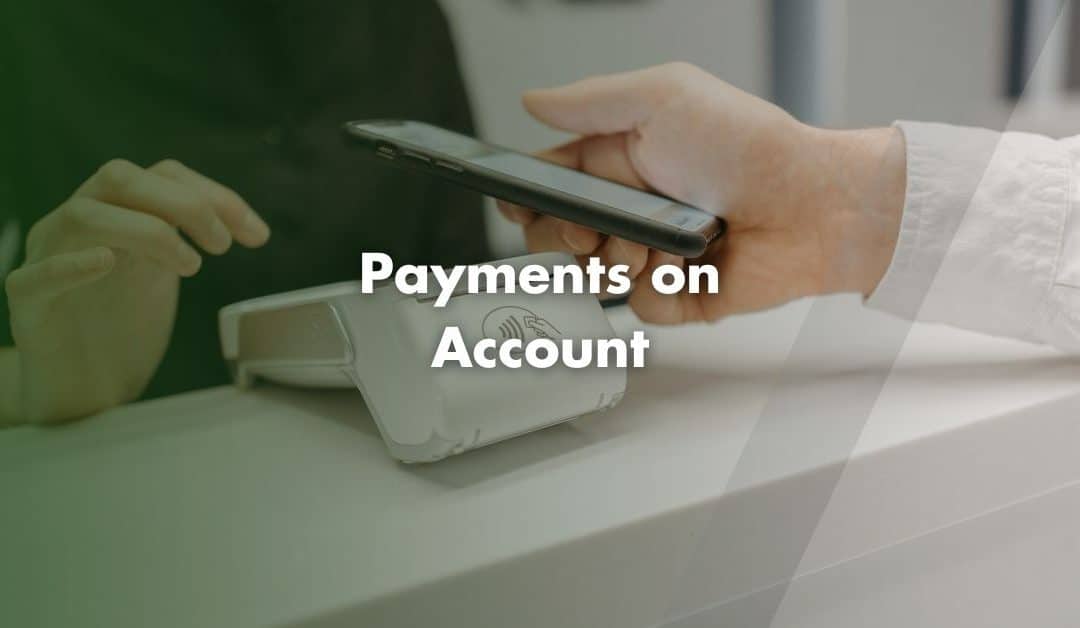Payments on Account are advance payments towards your tax bill, based on your earnings from the previous year. HMRC assumes your income will remain the same and calculates your tax bill accordingly. Instead of paying your full tax bill in one lump sum, you make 2 instalments.
These payments include Income Tax and, if applicable, Class 4 National Insurance Contributions for the self-employed. Each payment is typically half of the total tax you owe from the previous tax year.
If your actual earnings for the current year are higher or lower, you may need to make a balancing payment or request a refund for any overpayment.
Who Needs to Make Payments on Account?
You must make Payments on Account if:
- Your Self Assessment tax bill for the previous year was more than £1,000
- Less than 80% of your tax was deducted from source (like through PAYE if you are employed part-time)
If your tax bill was below £1,000 or most of your tax was already deducted at source, you do not need to make Payments on Account.
When are Payments on Account Due?
There are 2 payment deadlines each year:
| Date | Which Payment | Note |
|---|---|---|
| 31 January | First Payment on Account | Due alongside any balancing payment for the previous tax year |
| 31 July | Second Payment on Account | Covers the second half of your estimated tax bill |
If your total tax liability exceeds the amount covered by these 2 instalments, you will need to make a balancing payment by 31st January of the following year. This may also include outstanding amounts for student loans or Capital Gains Tax.
How to Check Your Payments on Account
To check the amount you owe:
- Sign into your HMRC online account
- Select “View your latest Self Assessment return”
- Click “View statements” to see past payments and upcoming dates
If you filed a paper return, your Self Assessment will display the same information.
Reducing Your Payments on Account
If you expect your income to be lower than the previous year, you can request a reduction in your payments on account. You can do this by:
- Logging into your HMRC account and selecting “Reduce payments on account”
- Submitting Form SA303 by post to HMRC
If your income turns out to be higher than expected and you underpay, HMRC will charge your interest on the outstanding amount.
How to Pay Your Payments on Account
There are several ways to pay your tax bill
- Online banking, CHAPS or debit card (same or next-day processing)
- BACS or cheque by post (allow 3 working days for processing)
- Direct Debit (first-time setup takes 5 working days)
- Budget Payment Plan (set up regular monthly or weekly payments to spread out your tax bill)
Setting up a Direct Debit is a great way to ensure you never miss a payment deadline.
What If You Miss a Payment?
Missing a payment deadline results in interest charges and possibly late payment penalties. If you are struggling to pay, contact HMRC as soon as possible. You may be eligible for a Time to Pay agreement if:
- Your latest tax return is filed
- You owe £30,000 or less
- You are within 60 days of the payment deadline
- You do not have any other outstanding HMRC debts or payment plans
A Time to Pay arrangement allows you to spread the cost of your tax bill over several months.
What If You Cannot Afford Payments on Account?
Many people are caught off guard by Payments on Account, especially if it’s their first time filing a Self Assessment tax return. If you are struggling to make your payments, consider:
- Setting up a Budget Payment Plan to spread out your payments across the year
- Reducing your Payments on Account if you expect lower income (but be careful not to underpay)
- Applying for a Time to Pay agreement to spread out your payments over time
Can You Get a Refund?
If you overpay your Payments on Account, you can claim a refund after submitting your next tax return. HMRC will calculate whether you have overpaid and notify you accordingly. You can choose to:
- Receive a refund via cheque or bank transfer
- Apply the excess amount to your next tax bill, reducing future payments
Contact Us
We are not just accountants; we are Chartered Accountants with one of the most reputable and premium accounting bodies. We are registered and regulated by ACCA; so you can rest assured that you are in good hands. Knowing this, don’t hesitate to get in touch with us if you require assistance: Pi Accountancy | Contact Us
This article is for general informational purposes only and does not constitute legal or financial advice. While we aim to keep our content up to date and accurate, UK tax laws and regulations are subject to change. Please speak to an accountant or tax professional for advice tailored to your individual circumstances. Pi Accountancy accepts no responsibility for any issues arising from reliance on the information provided.

